Thank god for the Commonwealth Games: at least they gave us a brief respite from football transfer stories. Instead of having to read about an 18-year-old defender being bought by Overambitious Wanderers for the GDP of a medium-sized African nation, we could delight in Norfolk Island beating South Africa at lawn bowls, Kiribati and Nauru winning medals in weightlifting or Sri Lanka sharing a rugby pitch with England and Australia. It was a reminder of the brotherhood (and sisterhood) of sport and made me nostalgic for the days before the money men took over football, rugby and cricket. (Yes, especially cricket: have you noticed we don’t have a drinks break any more but a Buxton hydration break, and tea is now the Yorkshire Tea interval?)
For anyone who has ever bashed a little ball around in a box, the treat in Glasgow was the final of the men’s squash, when Nick Matthew took on James Willstrop over five pulsating games. Not only was the athleticism and endurance of these two Englishmen mind-boggling; it was given spice by the fact that they really don’t like each other. These two sons of Yorkshire have been scrapping for years, on and off the court and in the pages of their autobiographies. ‘We don’t literally hate each other’s guts,’ Matthew said, but the adverb told you all you need to know about the relationship.
Twice Matthew went a game ahead, twice Willstrop pegged him back. Every point mattered. If only it had been an Olympic final. How can golf be included at the Rio Olympics, where it will be at best the sixth most important competition of the year, while squash has never had a look-in? Erecting a couple of courts would be a lot cheaper than building a golf course. It would give medal chances to countries who don’t often win them, such as Malaysia, Egypt or India. Most importantly, Olympic gold would be the greatest prize in squash.
An Olympic medal may be low on Rory McIlroy’s priority list but the Ulsterman has been playing the best golf of his life in the past few months. A bachelor’s life seems to suit him. He has won three tournaments since ending his engagement to Caroline Wozniacki in May. Big ones, too: adding the World Golf Championship in Ohio last week to the European Tour’s flagship event at Wentworth and the Open. Back at No. 1 in the world rankings, Rory will be Europe’s key man at the Ryder Cup next month, if he can remember to set his alarm clock.
The Europe team for the Ryder Cup looks formidable but, as things stand, Lee Westwood, Luke Donald and Ian Poulter are all outside the qualification zone. Paul McGinley, the captain, has three wild-card picks and you can see why he might name all three, but shouldn’t he select on form? If so, here’s a bold idea: why not the world No. 462? Yes, you read that correctly. The most in-form golfer in the world is Bernhard Langer, the 57-year-old German, who won the seniors’ Open by 13 strokes last month. Langer has come first or second in eight of his 15 tournaments on the Champions Tour this season. His world ranking is so poor because he has only played once with the youngsters — when he came eighth at this year’s Masters. Surely worth a place on McGinley’s list.
Another old-timer (relatively) has been given a new lease of life: at 36, Frank Lampard has signed a loan deal with Manchester City. His experience with Chelsea could help City to improve a poor record in the Champions League. It took Lampard a long time to finally win a European trophy, though. Along the way, Chelsea were eliminated after bad results in Iceland, Monaco, Liverpool, Barcelona, Milan and Manchester. Yes, to quote Edward Grey, Lamps went out all over Europe.
Got something to add? Join the discussion and comment below.
Get 10 issues for just $10
Subscribe to The Spectator Australia today for the next 10 magazine issues, plus full online access, for just $10.


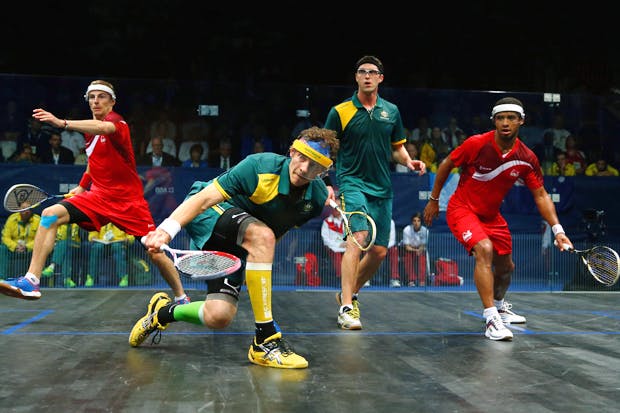
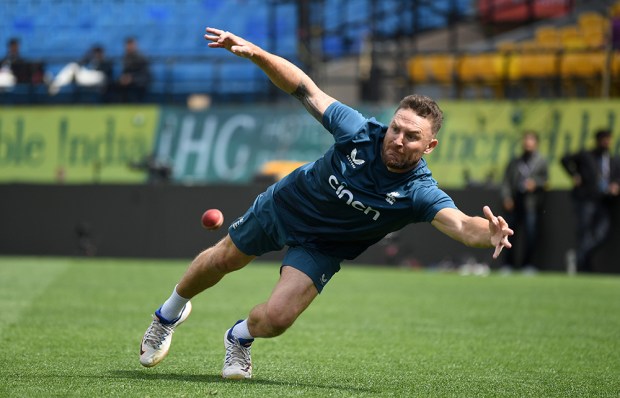
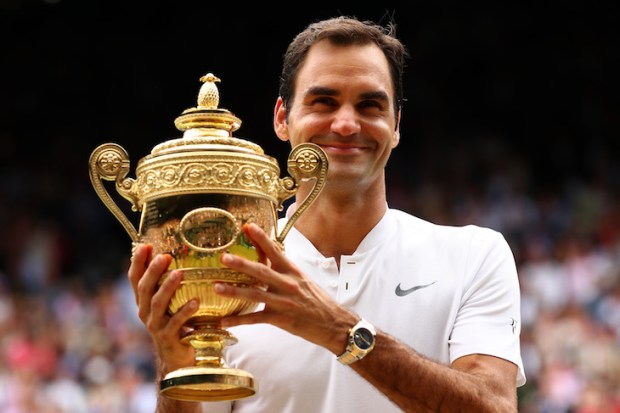
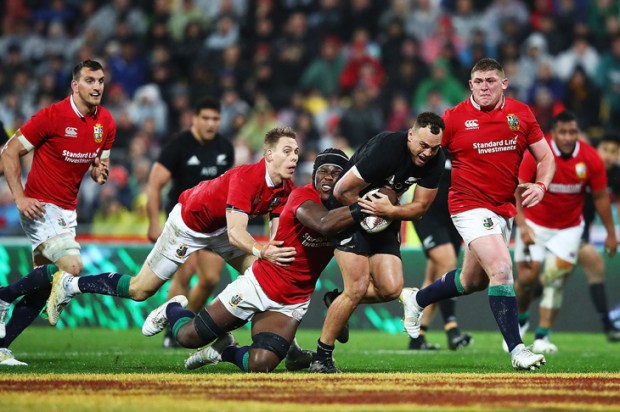
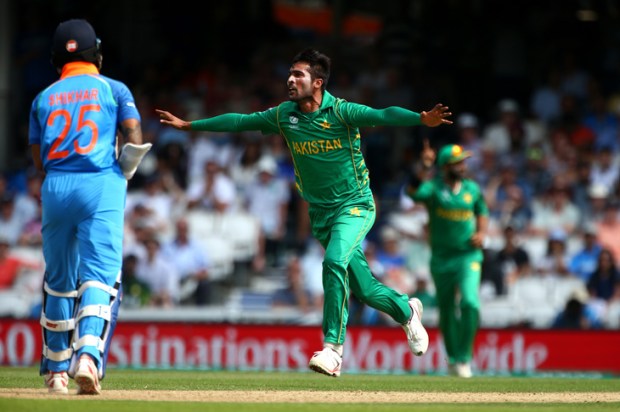
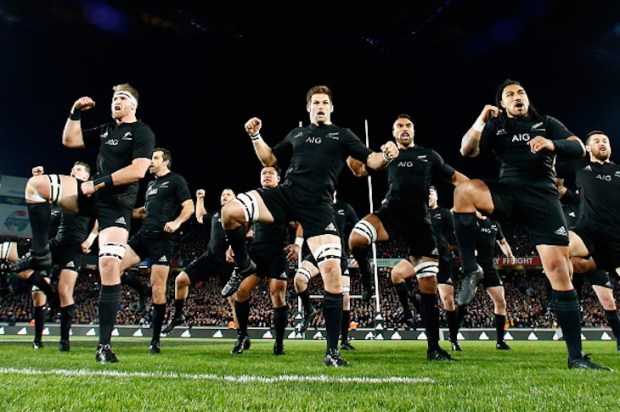
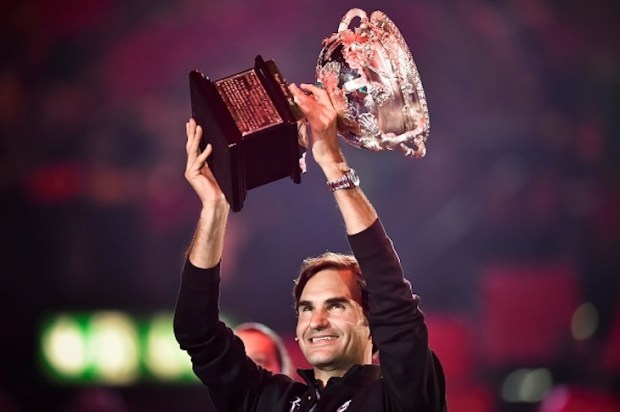






Comments
Don't miss out
Join the conversation with other Spectator Australia readers. Subscribe to leave a comment.
SUBSCRIBEAlready a subscriber? Log in